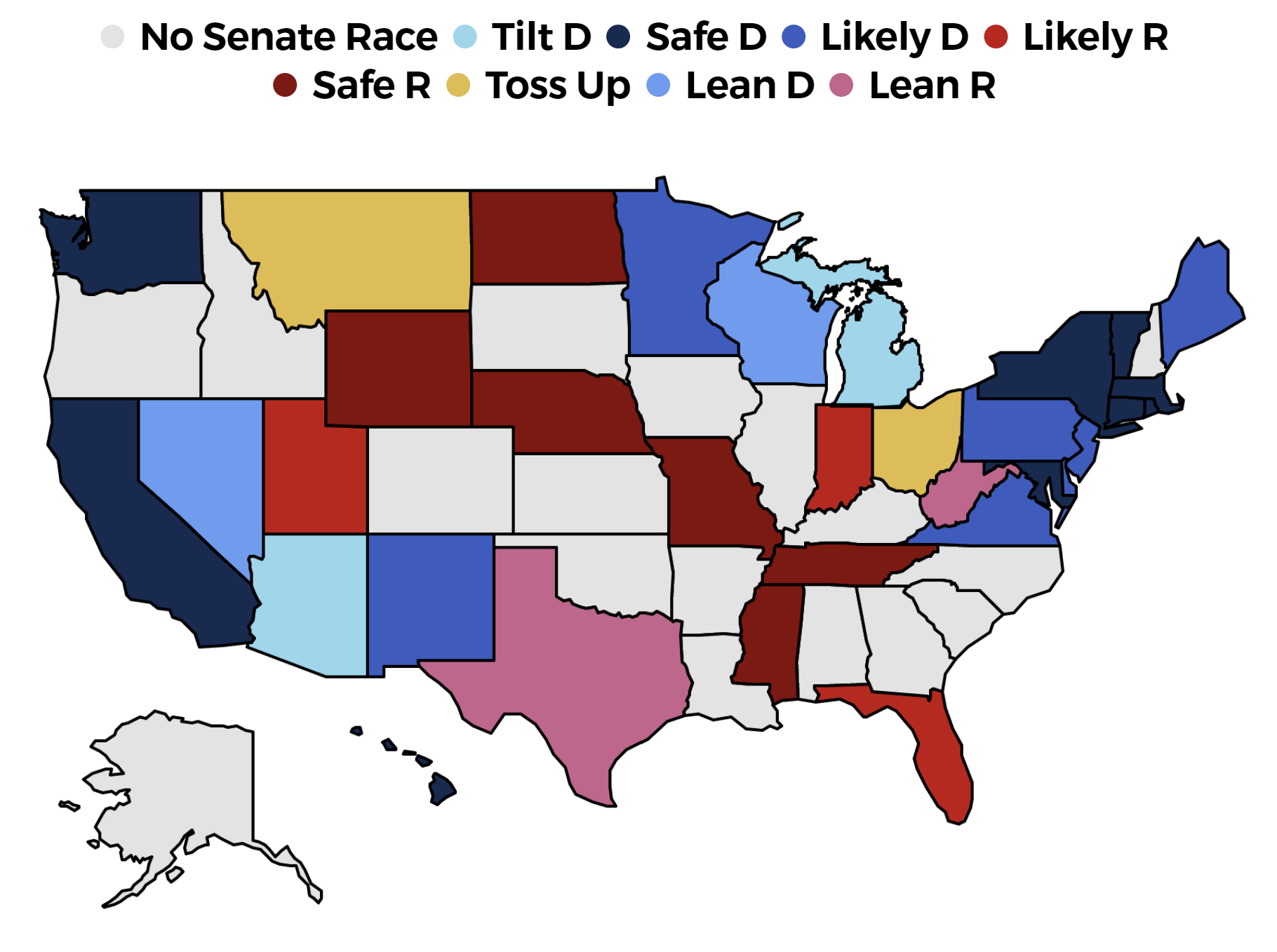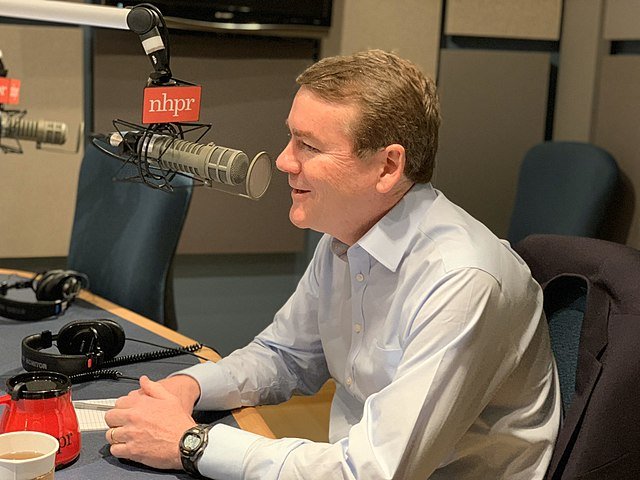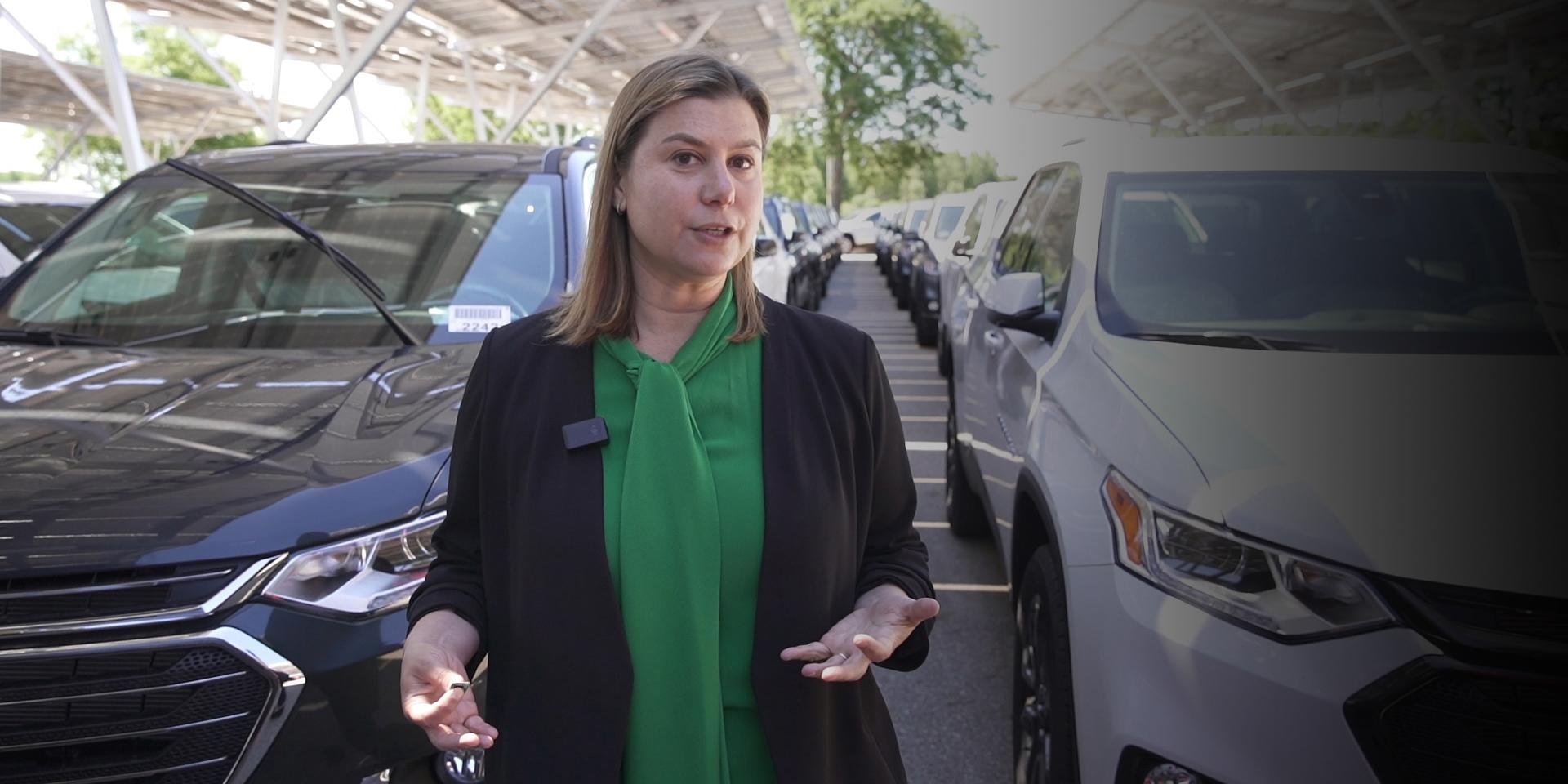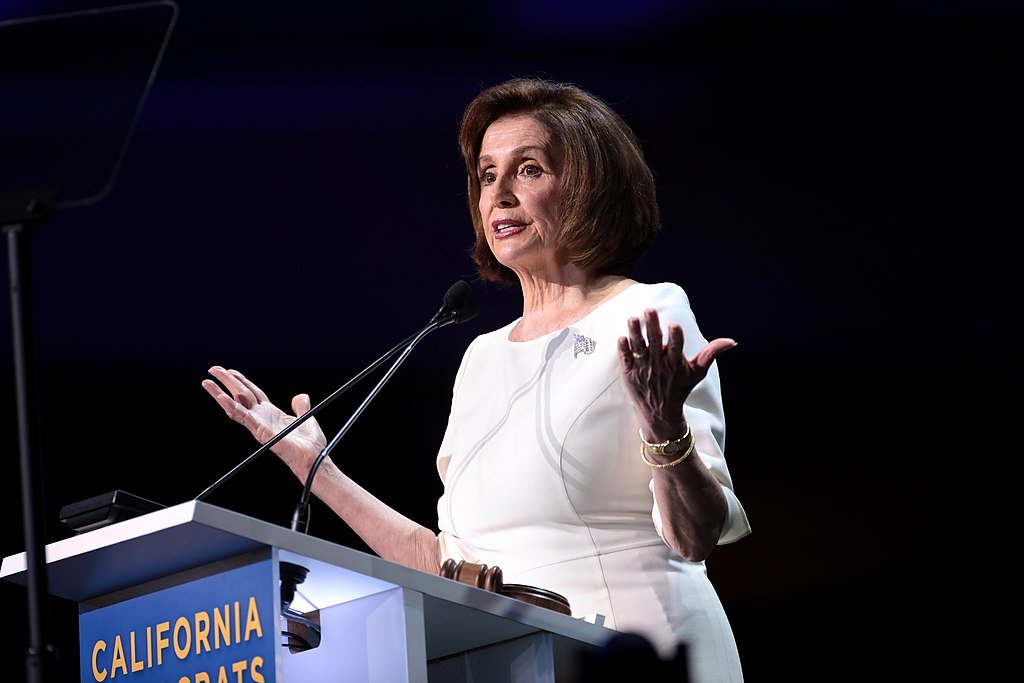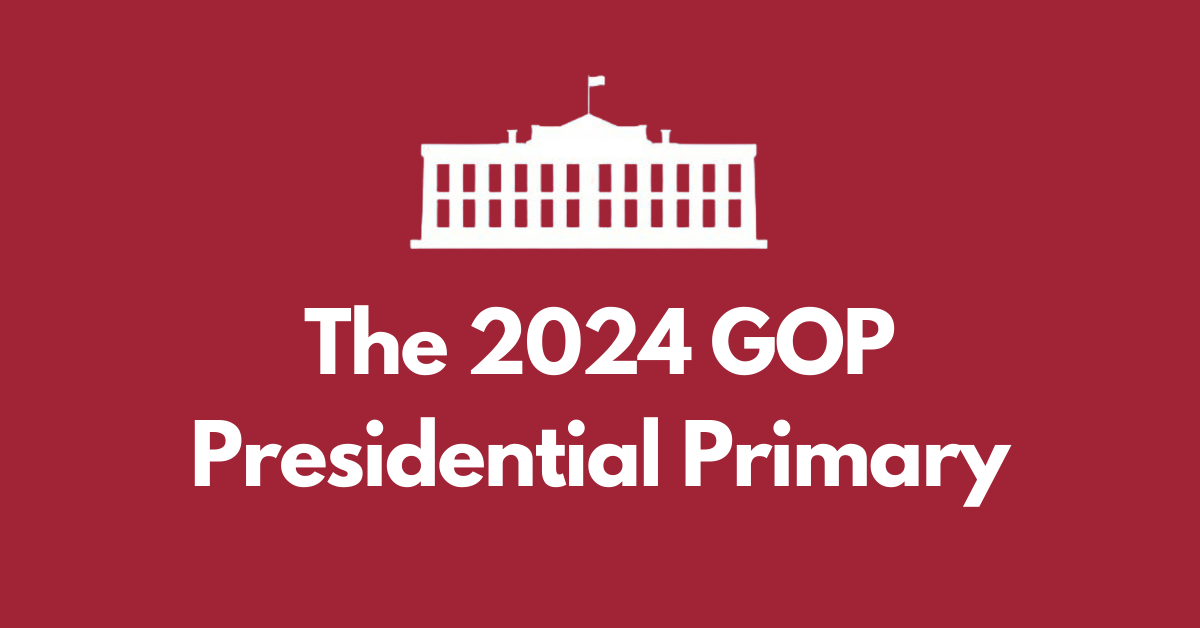The Polling was Terrible in 2020 - But Only for Republicans
Photo Credit: Gage Skidmore
By: Logan Phillips
Date: 12/3
Going into 2020, I thought it was prudent to not overlearn the lessons of the 2016 election. Polling errors historically have been just as likely in either party's favor, and 2018 was a banner year for polling when it accurately predicted a strong blue wave. However, not only did Donald Trump benefit from yet another historic polling error in 2020, but it was even larger in 2016, especially in the Midwest, and especially in states with higher numbers of white voters without a college degree.
Joe Biden looked primed to win the election by pretty sizable margins, and his lead was robust enough to survive even a pretty grave polling error. While he still held on to victory, the historic misfire made this election far closer than anticipated. This has been widely reported, but there’s a secondary story that’s largely been missed.
The polls actually were very competent at predicting Joe Biden’s share of the vote. In fact, the polls were only a touch over two percent off when it came to predicting his share of the vote. They were also almost equally likely to underestimate his share as to overestimate it.
The problems came when it came to Trump’s portion of the vote. Here, the misses were widely off - by almost five percent, and they almost always came at the President’s expense. Take Pennsylvania, where Biden was polling 50.4% to Trump’s 45%. In reality, the Biden part of the polls were quite close, and he won 50.0%. Trump got 48.8% of the vote, giving Biden only a narrow 1.2% victory.
The polling average shows Lindsey Graham’s Opponent, Jamie Harrison, down only 44.7% to 47.8%. It was spot on for Harrison, who got 44.2%, but Graham got 54.5% of the vote. Photo Credit: Gage Skidmore
The problems were even worse in the Senate. Systematically, Democrats were polling narrowly behind in red states across the country, but got blown out of the water on election day. Democrats were the underdogs in these races, but it’s still remarkable that the final finish wasn’t even close. However, like with Joe Biden, the polls did a great job in predicting Democratic share of the vote, getting the margin within 2%. They missed Republicans by a stunning 6.7%.
One compelling explanation that explains the significantly greater polling error in the Senate would be Trump supporters that were reluctant to cast their votes for Republican Senate Incumbents. Donald Trump was able to successfully bring out a significant number of white voters without a college degree that don't normally vote, and that weren't particularly fond of either party. We’d long heard that Republicans like Thom TIllis and Lindsey Graham were struggling to win a high enough percentage of their vote. They may not have liked them very much, but they weren’t going to vote for Democrats, and they didn’t want to leave half their ballots blank.
Moreover, Trump's constant railing on pollsters over the last four to five years may have convinced a slice of his supporters that pollsters are a crooked bunch. It wouldn’t take that high percentage of his base to turn against pollsters because of his rhetoric to make it considerably harder for pollsters -to project the electorate.
This could be a bigger problem going forward. This election was not exactly a banner year for the polling industry, and conspiracies of all kinds have been on the rise in 2020. There are only going to be more people that think pollsters didn't just fall short, but instead have a sinister agenda, and some of those people won't be answering polls anymore. Now, to be clear, the only agenda most pollsters have is to accurately predict elections. Like other businesses, their goal is to make money, and the most accurate pollsters can charge higher rates and attract more clients.
I still think the polls are one of the best means we have of understanding the views of American voters. Nonetheless, there is certainly reason to be more skeptical over the next few years, especially when it comes to polling in the midwest and red leaning states. Hopefully, this is a problem specific to the Trump era , and pollsters are able to re-find their footing over the next few future elections.
Perhaps Trump's constant railing on pollsters over the last four to five years convinced a slice of his supporters that pollsters are a crooked bunch. While there is no evidendce to suggest this is actually true, if even a thin slice of Trump's base that previously would have talked to pollsters won’t anymore because of this rhetoric, it could have made it harder for pollsters to project the electorate.
This could be a bigger problem going forward. This election was not exactly a banner year for the polling industry, and conspiracies of all kinds have been on the rise in 2020. There are only going to be more people that think pollsters didn't fall short but instead have a direct agenda, and some of those people won't be answering polls anymore. Now, to be clear, the only agenda most pollsters have is to accurately predict elections. Like other businesses, their goal is to make money, and the most accurate pollsters can charge higher rates and attract more business. Missing the results by wide margins every year is a one-way ticket to bankruptcy.



